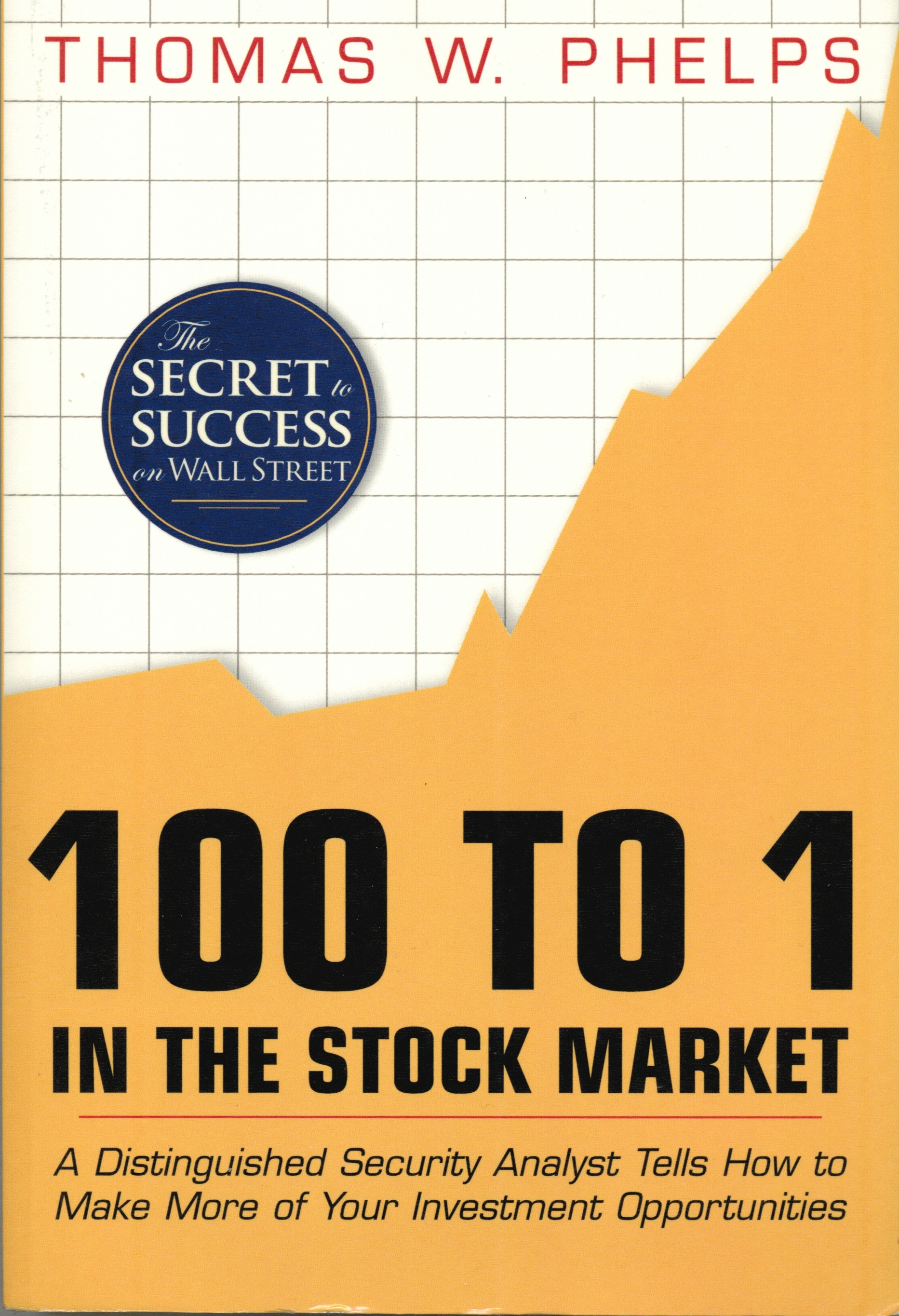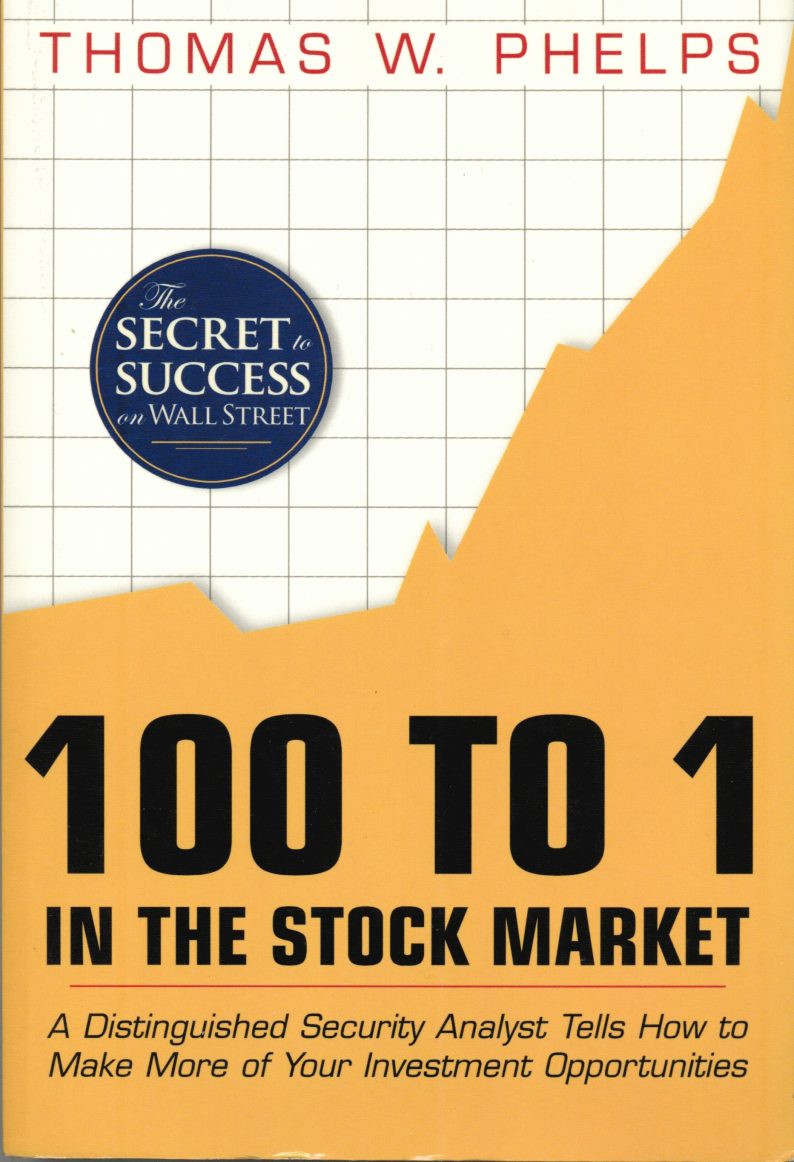
How can a book be largely true, but not be a good book? By offering people a way to make a lot of money that is hard to do, but portraying it as easy. It can be done, and a tiny number succeed at it, but most of the rest lose money or don’t make much in the process. This is such a book.
Let me illustrate my point with an example. Toward the end of every real estate bull market, books come out on how easy it is to make money flipping homes. The books must sell to some degree or the publishers wouldn’t publish them. Few actually succeed at it because:
You could make a lot of money at it, but it is unlikely. Now with this book, “100 to 1 in the Stock Market,” the value proposition is a little different:
Here are the problems. First, identifying the stock will be tough. Less than 1% of all stocks do that. Are you feeling lucky? How lucky? That lucky? Wow.
Second, most people will pick a dog of a stock, and lose a lot of money. If you aren’t aware, more than half of all stocks lose money if held for a long time. Most of the rest perform meh. Even if you pick a stock you think has a lot of growth potential, there is often a lot of competition. Will this be the one to survive? Will some new technology obsolete this? Will financing be adequate to let the plan get to fruition without a lot of dilution of value to stockholders.













Leave A Comment